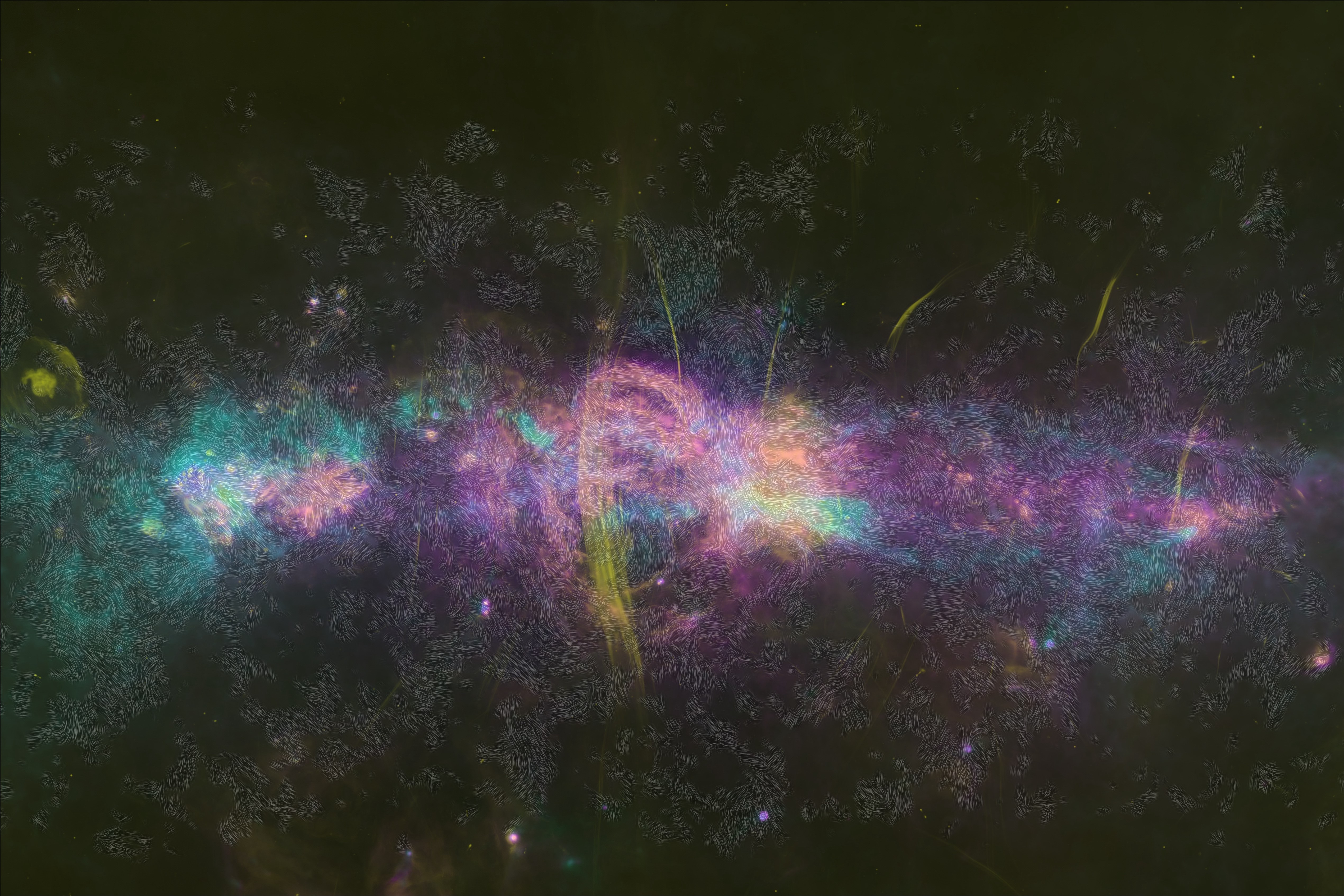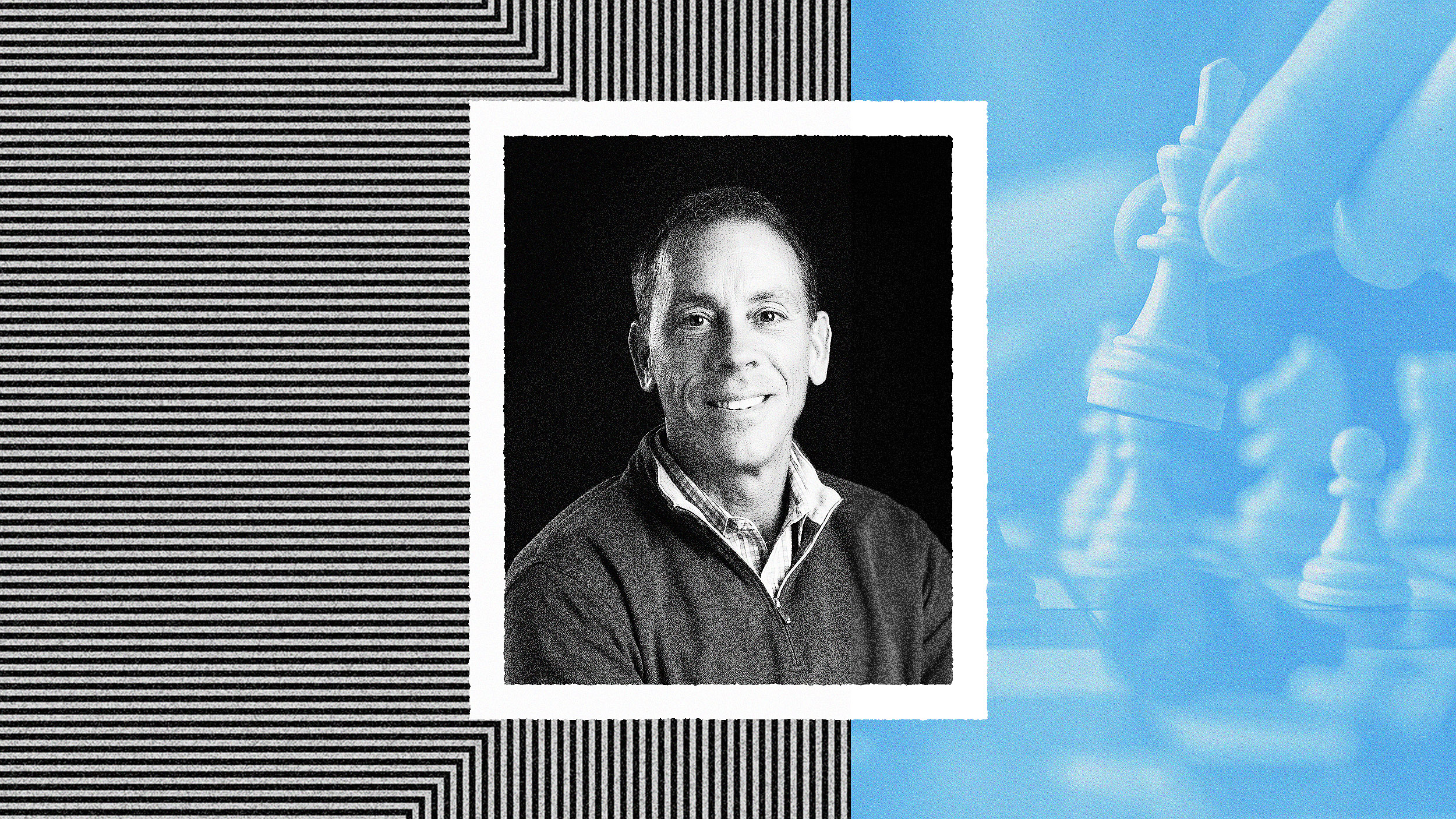Single-Issue Lives: On Ayaan Hirsi Ali and Hero Worship

[Editor’s Note: Please welcome guest blogger Andrew Tripp, author of Considered Exclamations and president and co-founder of the DePaul Alliance for Free Thought, a Secular Student Alliance and Center for Inquiry on Campus affiliate.
I invited Andrew to write this post following a conversation we’ve been having intermittently, over Twitter, over e-mail and in person at Skepticon, over the last several weeks. I don’t necessarily endorse all the conclusions in this essay – I’m still making up my mind about that – but at the very least, in the name of not idolizing our heroes, it’s a viewpoint that deserves to be aired.]
Adam Lee recently asked me, following a conversation we had earlier this year, to write a post for Daylight Atheism regarding Ayaan Hirsi Ali, and how despite the fact that he, as well as many others, find her story to be very inspirational, her politics are less so.
It is difficult to find out that someone you have great respect for is not perfect. Many of us found this out when Richard Dawkins made his “Dear Muslima” comments, and indeed more recently when he said in a speech that teaching a child about hellfire is worse than a child being sexually abused. Fewer, unfortunately, have found this out about Dan Savage, who, while famous for the “It Gets Better” campaign and catty comments about relationships, spends a lot of time saying appalling things about trans* people, black people, and anyone who doesn’t really fit his normative worldview. When this happens, we find our confidence shattered; we find particularly, as professed skeptics, that what we believed was a conclusion based on evidence has been complicated. This is a problem, and one that is not easy to fix.
Allow me to complicate your lives further, dear atheists, with Ayaan Hirsi Ali:
In a speech earlier this month (June 2012), a scholar [Hirsi Ali] at an influential think tank and flagship of contemporary Washington conservatism, the American Enterprise Institute (AEI), gave voice to one of the justifications for Norwegian anti-Muslim terrorist Anders Breivik‘s attacks, explaining that Breivik said “he had no other choice but to use violence” because his fringe views were “censored.”
Hirsi Ali said, regarding Breivik [bolding from ThinkProgress, linked above]:
Fourthly and finally, that one man who killed 77 people in Norway, because he fears that Europe will be overrun by Islam, may have cited the work of those who speak and write against political Islam in Europe and America – myself among them – but he does not say in his 1500 page manifesto that it was these people who inspired him to kill. He says very clearly that it was the advocates of silence. Because all outlets to express his views were censored, he says, he had no other choice but to use violence.
You can find the full text of the speech here.
This is far from the only instance. For example: Hirsi Ali’s story, which has won her so much acclaim, has many inconsistencies. In her public life, working for the ultra-conservative American Enterprise Institute, has declared us to be “at war with Islam,” and that we should change the Constitution to strip Muslims of civil rights. She thinks that our wars in the Middle East are good things. She claims that Christians are being faced with genocide, and then offers nothing resembling a fact to back up that assertion, resulting a criminally simplistic argument. When asked whether the free market is responsible for class warfare by Daylight Atheism’s hosts, her answer was sickening:
I will give you the example of the man who murdered Theo van Gogh, who was on welfare. Based on that principle, a 26-year-old, healthy young man, and what I took from that and I think what many Dutch people learned from that is he had the time to plot a murder, which in the United States he would not be.
He would be busy trying to feed himself and find a roof over his head. And so the idea that the free market makes the rich richer, the poor poorer, that creates a class antagonism and that that will become a showdown between the two classes and you’re going to have the crime rate go up, and anyway the rich people deserve it. Why don’t they share? I think it’s too simplistic and it’s been tried all over again. It shows that that’s not really how it works.
Ayaan Hirsi Ali is not a freedom fighter. Nor, really, are any of the so-called “Four Horseman” we have all read. She is a class warrior for the elite, an ally of the same conservatives who we were all railing against a few weeks ago. She believes capitalism establishes moral character, creates a meritocracy, and that, despite numerous studies to the contrary, that the United States is superior to wishy-washy European welfare states.
We know that is not the case. Or at least, we should know that.
We want to think that Hirsi Ali is still a role model, someone to follow in our atheistic paths, a story to hold up as a warning against religious hatred and oppression. And indeed, she has faced great hardship in her life as a result of old patriarchal societies in which she had the misfortune to be raised. But this is not enough to earn our respect, or to hold someone up as a paragon of virtue. Any cursory student of history knows that many a freedom fighter has become a dictator upon gaining power.
Ayaan Hirsi Ali is not Stalin, but she is a person whose interests are not our own. Even for those of you reading this who think atheists should not be concerned with issues of social justice, I think that you still know that this woman is not your friend. She belongs with the S.E. Cupps of atheism, the ones whose only commonalities with us is a lack of belief in god, which, it has been well documented, does not impart any particular moral goodness. Her views are ones which would keep the working class poor, America as the world’s police, and anyone who disagrees with her in chains, literal and figural. We can admire her story all we like, but she should not be held up as a figure to follow, or look up to; to do so would be to forfeit any pretense of skepticism or rationalism that we aspire to.
Audre Lorde, the great feminist writer and activist, once wrote that there is no such thing as a single issue struggle, for we do not live single issue lives. We would do well, as atheists, as people who wish to see oppression and inequality end in the world, to remember this. We need to pick our leaders and sages with the greatest amount of skepticism and critical thinking which we can muster, and not make do with figureheads who speak of ambrosia, but act with malice. To do otherwise is to take the easy, irrational path. To do that would be to betray ourselves and our fellow secularists, and that, in my mind, is unacceptable.
Image credit: Steve Jurvetson, released under CC BY 2.0 license





